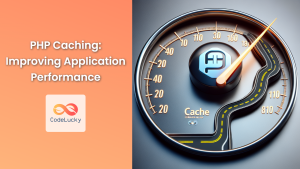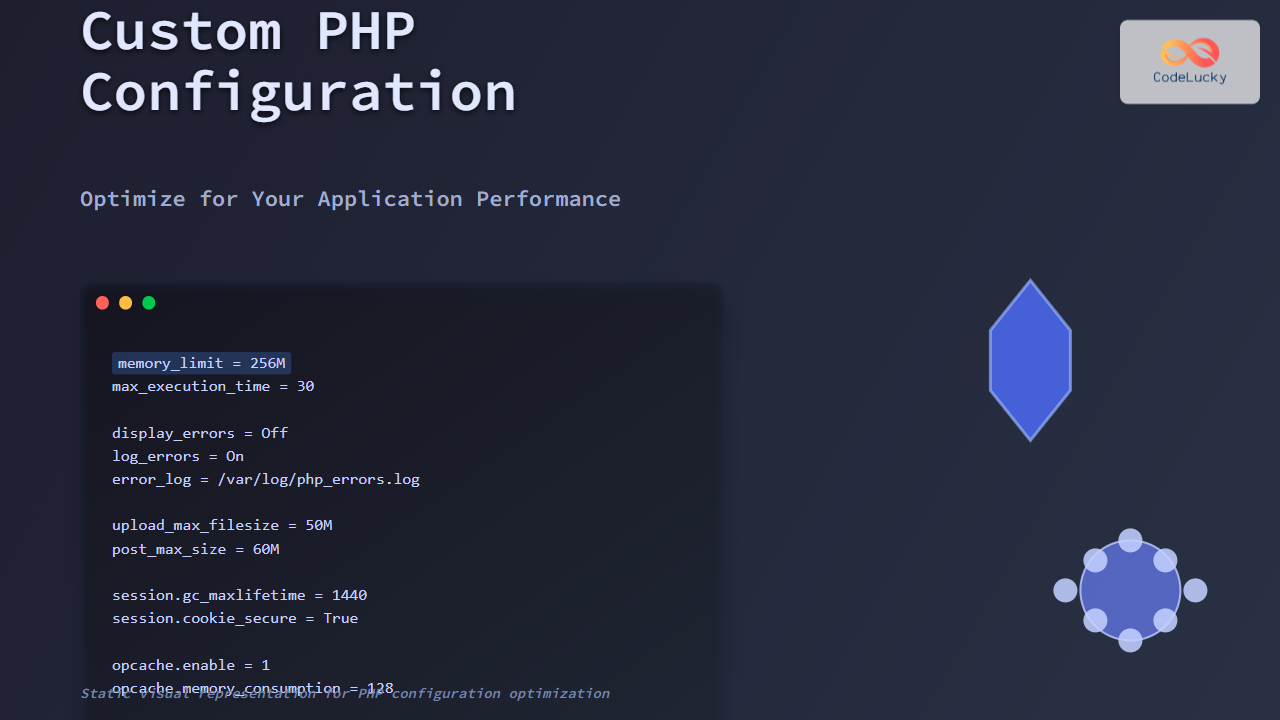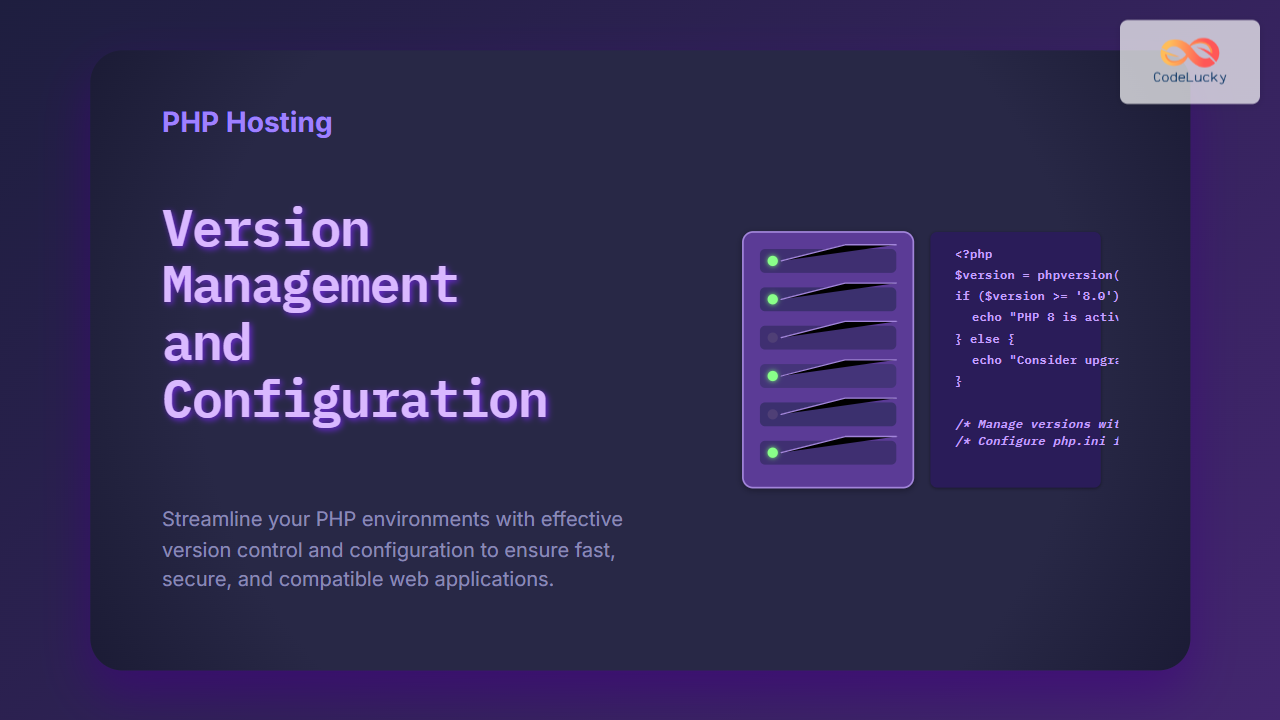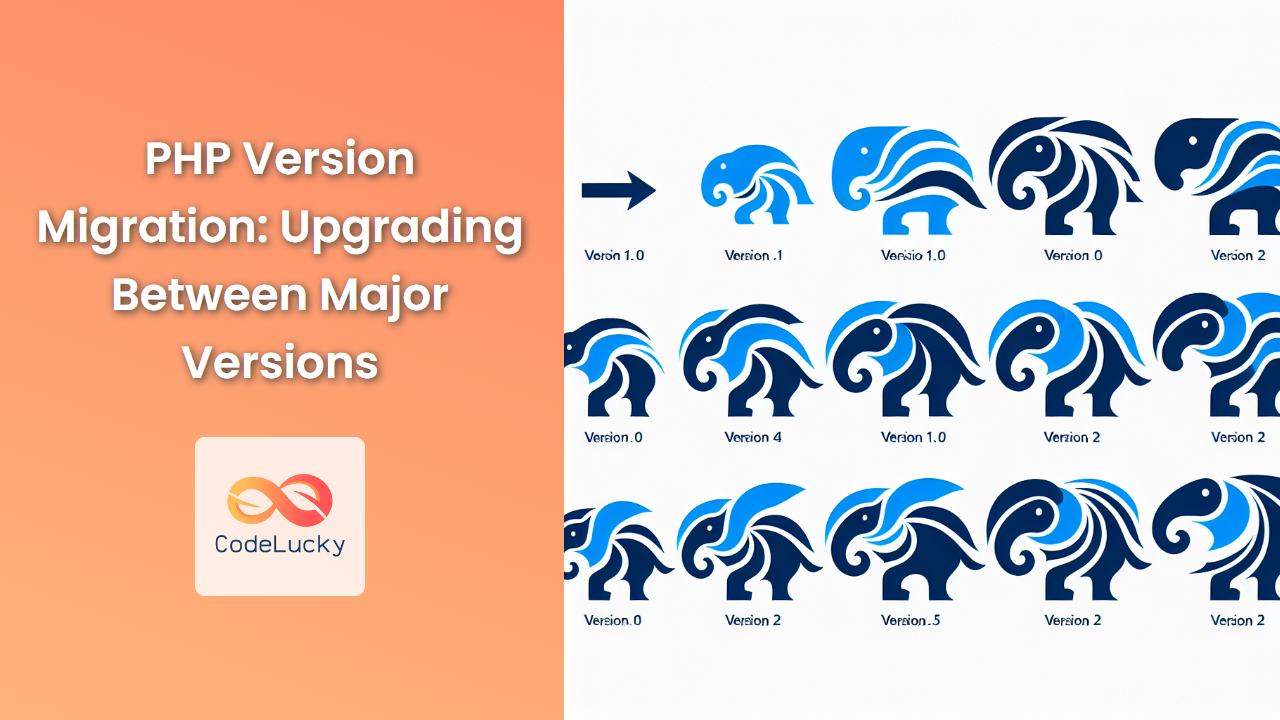In the world of web development, performance is king. As PHP developers, we're constantly striving to create faster, more efficient applications. But how do we identify the slow parts of our code? That's where code profiling comes in. 🕵️♂️
Code profiling is the process of analyzing your code's performance, helping you pinpoint bottlenecks and optimize your application. In this comprehensive guide, we'll dive deep into PHP code profiling techniques, tools, and best practices.
Understanding PHP Code Profiling
Before we jump into the nitty-gritty, let's clarify what code profiling is all about. PHP code profiling involves measuring various aspects of your code's execution, such as:
- Execution time of functions and methods
- Memory usage
- Number of function calls
- SQL query performance
By gathering this information, we can identify which parts of our code are slowing down our application and focus our optimization efforts where they'll have the most impact. 🎯
Built-in PHP Profiling Tools
PHP comes with some built-in tools that can help us start profiling our code right away. Let's explore them:
1. microtime() Function
The microtime() function is a simple yet effective way to measure the execution time of your code. Here's a basic example:
<?php
$start = microtime(true);
// Your code here
for ($i = 0; $i < 1000000; $i++) {
$result = sqrt($i);
}
$end = microtime(true);
$execution_time = ($end - $start);
echo "Execution time: " . $execution_time . " seconds";
?>
This script will output something like:
Execution time: 0.12345 seconds
While simple, this method can be very useful for quick performance checks. 🚀
2. memory_get_usage() Function
To monitor memory usage, PHP provides the memory_get_usage() function. Here's how you can use it:
<?php
$initial_memory = memory_get_usage();
// Your code here
$large_array = range(1, 100000);
$final_memory = memory_get_usage();
$memory_used = $final_memory - $initial_memory;
echo "Memory used: " . $memory_used . " bytes";
?>
This might output:
Memory used: 3145728 bytes
This function is particularly useful when dealing with memory-intensive operations. 💾
3. xdebug_start_trace() and xdebug_stop_trace()
If you have Xdebug installed (which we'll discuss more later), you can use these functions to generate a trace file:
<?php
xdebug_start_trace('/tmp/trace');
// Your code here
function factorial($n) {
if ($n == 0) return 1;
return $n * factorial($n - 1);
}
factorial(5);
xdebug_stop_trace();
?>
This will generate a trace file at /tmp/trace containing detailed information about function calls, including their execution times.
Advanced PHP Profiling Tools
While built-in tools are great for quick checks, for more comprehensive profiling, we need more powerful tools. Let's explore some popular options:
1. Xdebug
Xdebug is a powerful PHP extension that provides debugging and profiling capabilities. To use Xdebug for profiling, you need to configure it in your php.ini file:
xdebug.mode = profile
xdebug.output_dir = /tmp
xdebug.profiler_output_name = cachegrind.out.%p
With this configuration, Xdebug will generate profiling data in cachegrind format, which can be analyzed using tools like KCachegrind or WinCacheGrind.
Here's a simple PHP script to demonstrate Xdebug profiling:
<?php
function slow_function() {
sleep(2);
}
function fast_function() {
for ($i = 0; $i < 1000000; $i++) {
$result = sqrt($i);
}
}
slow_function();
fast_function();
?>
When you run this script with Xdebug profiling enabled, it will generate a cachegrind file that you can analyze to see which function took more time. 🕰️
2. Blackfire
Blackfire is a commercial profiling tool that offers deep insights into your PHP application's performance. It's easy to set up and provides a user-friendly interface for analyzing profiling data.
To use Blackfire, you need to install the Blackfire PHP probe and the Blackfire CLI tool. Once set up, you can profile your code like this:
blackfire run php your_script.php
Blackfire will then generate a detailed performance profile that you can analyze through their web interface.
3. Tideways
Tideways is another commercial profiling tool that offers real-time profiling and monitoring for PHP applications. It's particularly useful for profiling production environments.
After setting up Tideways, you can start profiling your code by adding this line at the beginning of your PHP script:
<?php
tideways_enable(TIDEWAYS_FLAGS_CPU | TIDEWAYS_FLAGS_MEMORY);
// Rest of your PHP code here
?>
Tideways will then collect profiling data which you can analyze through their web interface.
Practical PHP Profiling Example
Let's put our profiling knowledge into practice with a real-world example. We'll create a simple script that performs various operations and profile it using different methods.
<?php
// Start Xdebug profiling
xdebug_start_trace('/tmp/xdebug_trace');
// Start timing
$start_time = microtime(true);
$start_memory = memory_get_usage();
// Function to simulate database query
function simulate_db_query() {
usleep(500000); // Simulate 0.5 second query
}
// Function to perform heavy computation
function heavy_computation() {
$result = 0;
for ($i = 0; $i < 1000000; $i++) {
$result += sqrt($i);
}
return $result;
}
// Main execution
for ($i = 0; $i < 5; $i++) {
simulate_db_query();
$computation_result = heavy_computation();
}
// End timing
$end_time = microtime(true);
$end_memory = memory_get_usage();
// Stop Xdebug profiling
xdebug_stop_trace();
// Output results
echo "Execution time: " . ($end_time - $start_time) . " seconds\n";
echo "Memory usage: " . ($end_memory - $start_memory) . " bytes\n";
?>
This script simulates a typical PHP application with database queries and heavy computations. Let's analyze the profiling results:
-
Execution Time: The script will output the total execution time, which helps us understand the overall performance.
-
Memory Usage: We'll see how much memory our script consumed, which is crucial for optimizing resource usage.
-
Xdebug Trace: The Xdebug trace file will provide detailed information about function calls, including how many times each function was called and how long each call took.
By analyzing these results, we might find that:
- The
simulate_db_query()function is called 5 times and takes about 2.5 seconds total. - The
heavy_computation()function is also called 5 times but might take even longer.
This information guides us on where to focus our optimization efforts. We might consider:
- Optimizing our database queries or implementing caching to reduce the time spent on database operations.
- Improving the algorithm in
heavy_computation()or considering if we can reduce the number of times it's called.
Best Practices for PHP Code Profiling
To get the most out of your profiling efforts, consider these best practices:
-
Profile in a Production-Like Environment: Ensure your development or staging environment closely mirrors production for accurate results. 🏭
-
Use Real Data: Profile with realistic data volumes to uncover issues that might not appear with small datasets.
-
Focus on Hot Spots: Don't try to optimize everything. Focus on the parts of your code that consume the most resources. 🔥
-
Profile Regularly: Make profiling a part of your development workflow to catch performance issues early.
-
Combine Multiple Tools: Each profiling tool has its strengths. Use a combination for a comprehensive view of your application's performance.
-
Consider the Impact: Remember that profiling itself can affect performance. Be cautious when profiling in production environments.
Conclusion
PHP code profiling is an essential skill for any serious PHP developer. By understanding and applying these profiling techniques, you'll be well-equipped to create high-performance PHP applications that can handle whatever you throw at them.
Remember, profiling is not a one-time task but an ongoing process. As your application evolves, new performance bottlenecks may emerge. Regular profiling helps you stay on top of your application's performance and deliver the best possible experience to your users. 🚀💻
Happy profiling, and may your PHP code be ever swift and efficient!



















